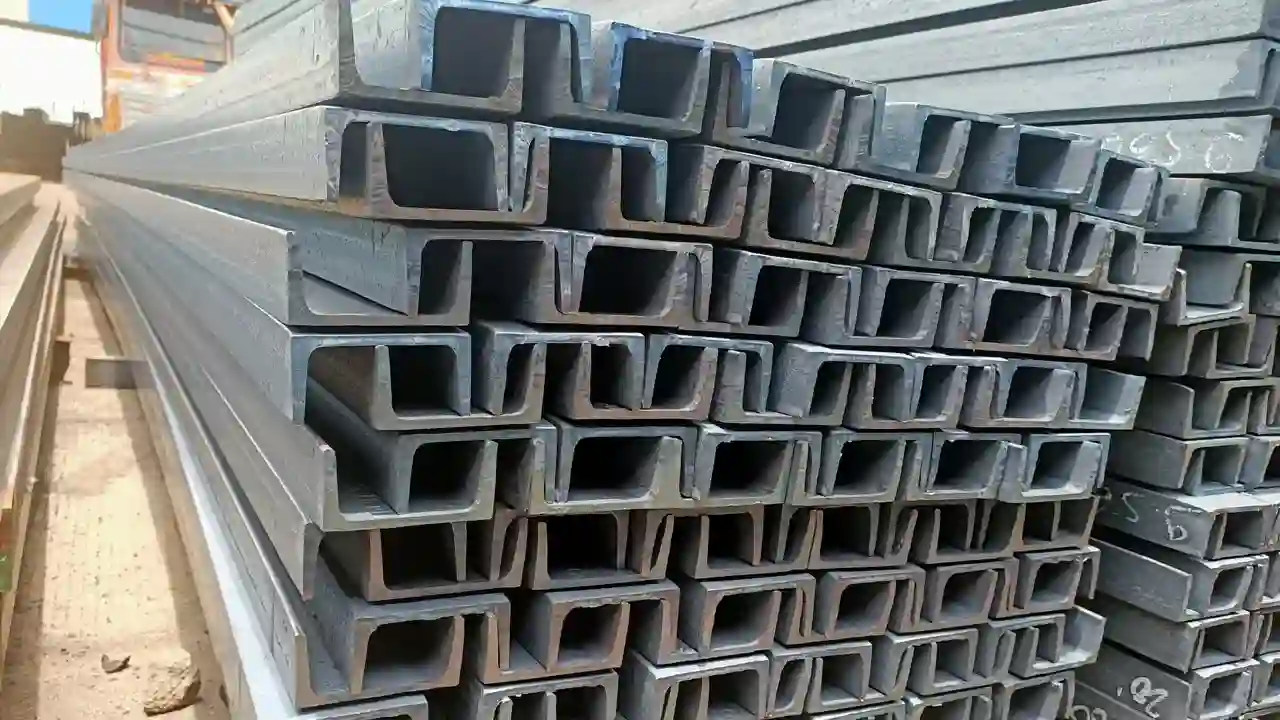07 Jun 2024

The steel industry encompasses a wide range of products, each tailored to specific applications and industries. Steel stockholders, as middlemen between steel producers and end-users, play a crucial role in distributing and supplying these diverse steel offerings. From the bars, plates, and sheets to the specialized tubes and intricate wire forms, stockholders navigate a complex landscape of steel products. Their expertise lies in understanding the unique characteristics, strengths, and applications of each material, enabling them to cater to the varying demands of sectors such as construction, automotive, energy, and manufacturing. This blog post delves into the diverse types of steel products handled by stockholders, highlighting their distinctive features and the niche areas steel stockholders serve. Steel bars are long, solid sections available in various shapes like round, square, rectangular, and hexagonal. They come in different grades and finishes (hot-rolled, cold-drawn). Bars are widely used in construction (reinforcing bars), machinery manufacturing, automotive components, and general fabrication applications. Steel plates are flat, rectangular sections with consistent thickness. They offer a wide range of sizes, grades, and finishes (hot-rolled, cold-rolled, heat-treated). Plates find extensive applications in shipbuilding, pressure vessels, heavy machinery, structural projects, and construction. Tubes and pipes are hollow cylindrical products, available as seamless or welded (ERW, LSAW). They come in various grades, diameters, and wall thicknesses. Common applications include oil and gas pipelines, structural and mechanical uses, automotive components, and fluid transportation. Sheets and coils are flat, rolled products with relatively thin cross-sections. They are available in various grades, finishes, and coatings (galvanized, electro-galvanized). Sheets and coils are widely used in automotive body panels, appliance manufacturing, construction materials, and general fabrication. Wire rods are semi-finished, solid cylindrical products used as feedstock for wire drawing. Available in different grades and finishes, they are employed in the production of nails, fencing, mesh reinforcement, cable and rope manufacturing, and welding wire. Stainless steel doesn't rust or corrode easily because it has chromium added to it. Products like sheets, plates, bars, and pipes made of stainless steel are very durable and long-lasting. They are used in places that need to be clean, like kitchens and hospitals, or in products that need to look nice and resist corrosion. Stainless steel materials find applications in food processing equipment, medical instruments, and architectural features. Alloy steel is made by mixing regular steel with other metals like chromium or nickel. This makes the steel stronger, harder to wear down, and better at handling heat. Alloy steel products such as bars, plates, and forgings are used when extra strength and toughness are needed, like in tools, heavy machinery parts, and high-performance equipment in the automotive and aerospace industries. Steel stockholders and stockists provide pre-painted or coated steel products, such as color-coated sheets or galvanized steel, for applications requiring aesthetic appeal or enhanced corrosion resistance. These products are commonly used in the construction industry for roofing, cladding, and architectural applications, as well as in the manufacturing of household appliances and consumer goods. Certain steel stockholders and stockists offer value-added services like precision cutting, slitting, shearing, or forming of steel products to meet specific customer requirements. These processed steel products are tailored to precise dimensions, shapes, or finishes, catering to industries such as automotive, aerospace, and precision engineering, where tight tolerances and customization are essential. HSLA steels are specialized alloy steels that offer a combination of high strength and good weldability. Steel stockholders and stockists supply HSLA steel products, like plates and structural sections, for applications in the construction of bridges, buildings, offshore structures, and heavy machinery, where weight reduction and enhanced strength are critical. Electrical steel laminations are thin sheets of specialized steel alloys designed for use in electrical machines and transformers. Steel stockholders and stockists cater to the electrical industry by offering these laminations in various grades and coatings, optimized for efficient energy transfer and reduced core losses in electrical equipment. Steel stockholders play a vital role by supplying a wide variety of steel products to meet the diverse needs of different industries. From basic items like bars, plates, pipes, and sheets to specialized products like stainless steel, alloy steels, pre-coated materials, and precision-cut components, stockholders have it all. Their extensive inventory caters to applications ranging from construction and manufacturing to automotive, energy, and consumer goods. By acting as intermediaries, stockholders ensure businesses have access to the right steel products with the desired properties, dimensions, and finishes. This streamlined supply chain enables efficient production processes and drives innovation across sectors by providing the crucial raw materials modern society relies on. By acting as intermediaries between steel producers and end-users, steel stockholders play a crucial role in streamlining the supply chain and ensuring businesses have access to the right products. For a more in-depth look at how steel stockholders facilitate the smooth flow of materials across industries, check out our blog on the Role of Steel Stockholders in the Supply Chain.Products Handled by Steel Stockholders
Steel Bars:
Steel Plates:
Steel Tubes and Pipes:
Sheets and Coils:
Wire Rods:
Specialized Steel Products and Niche Areas
Stainless Steel Materials:
Alloy Steel Materials:
Pre-Painted or Coated Steel Materials:
Precision-Cut or Processed Steel Materials:
High-Strength Low-Alloy (HSLA) Steels:
Electrical Steel Laminations:
Conclusion